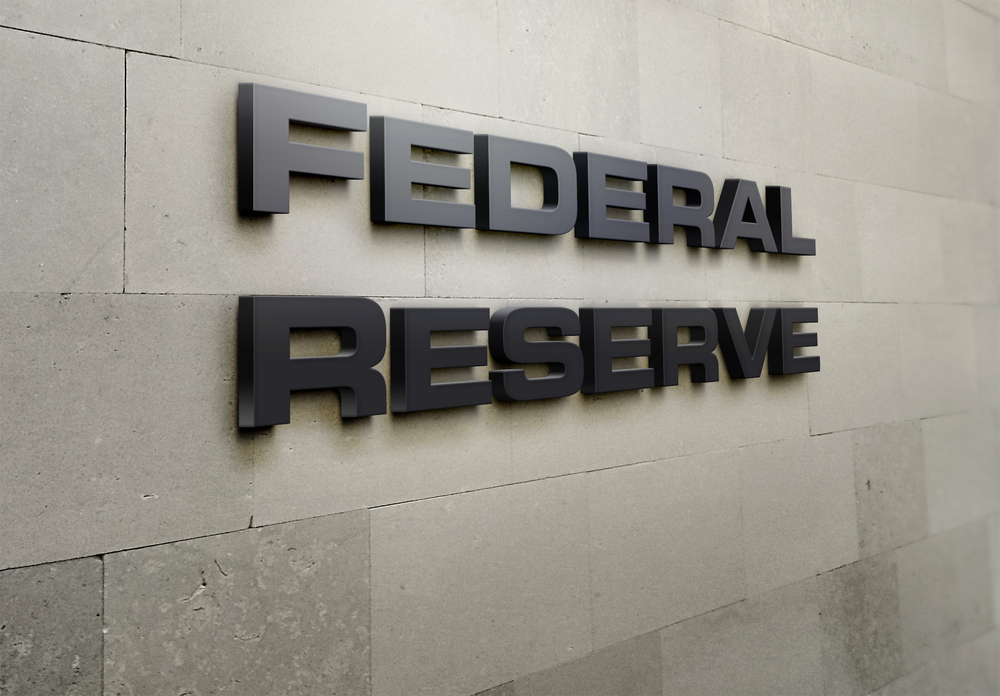federal reserve
Fed Buying Bonds Of Apple, Visa Raises Questions About Programs

Do bonds issued by Visa or Apple really need help from the Fed?
It’s a question many investors and analysts are asking after the latest disclosures from the Federal Reserve show the central bank is buying bonds of companies that face no liquidity concerns or challenges in the secondary market.
To be fair, the Fed is buying bonds of companies that are struggling. These companies are at risk of seeing the demand for their bonds dry up.
But bonds issued by Visa, Microsoft and Home Depot aren’t what many had in mind when the Fed announced it would buy bonds in the secondary market to ensure the market didn’t freeze up amidst the first wave of coronavirus shutdowns.
And other well-funded and stable companies like Apple and Goldman Sachs, who have bonds held in a handful of bond ETFs, have indirectly benefited. This happened as the Fed has bought roughly $6.8 billion of bond ETFs since the programs started.
Kathy Jones, director of fixed income at Charles Schwab, shares her piece about the situation. She says “It does sort of make you wonder if it makes sense for them to be buying bonds of Apple. Spreads are so tight and stocks are doing so well. You wouldn’t think they would need support from the Fed. The reasoning I guess makes sense. But when you look at the outcome, you scratch your head and wonder whether this is where we need the money to go.”
The Fed disclosures show it has purchased $430 million in individual bonds and $6.8 billion in ETFs. This, admittedly, makes up a small fraction of the $210 trillion corporate bond market and $961 billion fixed-income ETF market.
The Fed’s purchases, so far, remain limited to the secondary market. However, plans are for the Fed to soon start buying bonds directly from the issuing companies.
Goldman Sachs have bonds purchased by the Fed through bond ETFs. The said company not only sees the potential for moral hazard but two more challenges. These include a misallocation of capital and a diminishing appearance of independence for the Fed.
The bank believes, however, that the worries about moral hazard and a perceived loss of independence will diminish as time passes. They believe this will happen as long as the Fed continues to steer the markets properly,
Charles Schwab’s Jones doesn’t let the Fed off quite so easy. “I do think it's a moral hazard. I think it’s something they’re going to have to deal with when things settle down. There will be accusations that they committed money in ways that didn’t make sense and didn’t help the average Joe.”
Former New York Federal Reserve Bank President William Dudley agrees with Jones.
During a recent interview with Bloomberg Television, Dudley said the Fed not only encourages bad behavior, but they also rescue those that made bad decisions.
“People who have high-yield debt that’s outstanding, a lot of times that’s happened by choice. So for the Federal Reserve to intervene and support those asset prices, is basically creating a little bit of moral hazard in the sense you’re encouraging people to take on more debt.”
“We had a number of players in these last few months that have essentially been bailed out by the Fed: Hedge funds that were invested in cash Treasuries, and short Treasury futures,” Dudley added. By purchasing Treasurys, the Fed helped “those entities unwind what turned out to be a bad trade.”
Up Next:















